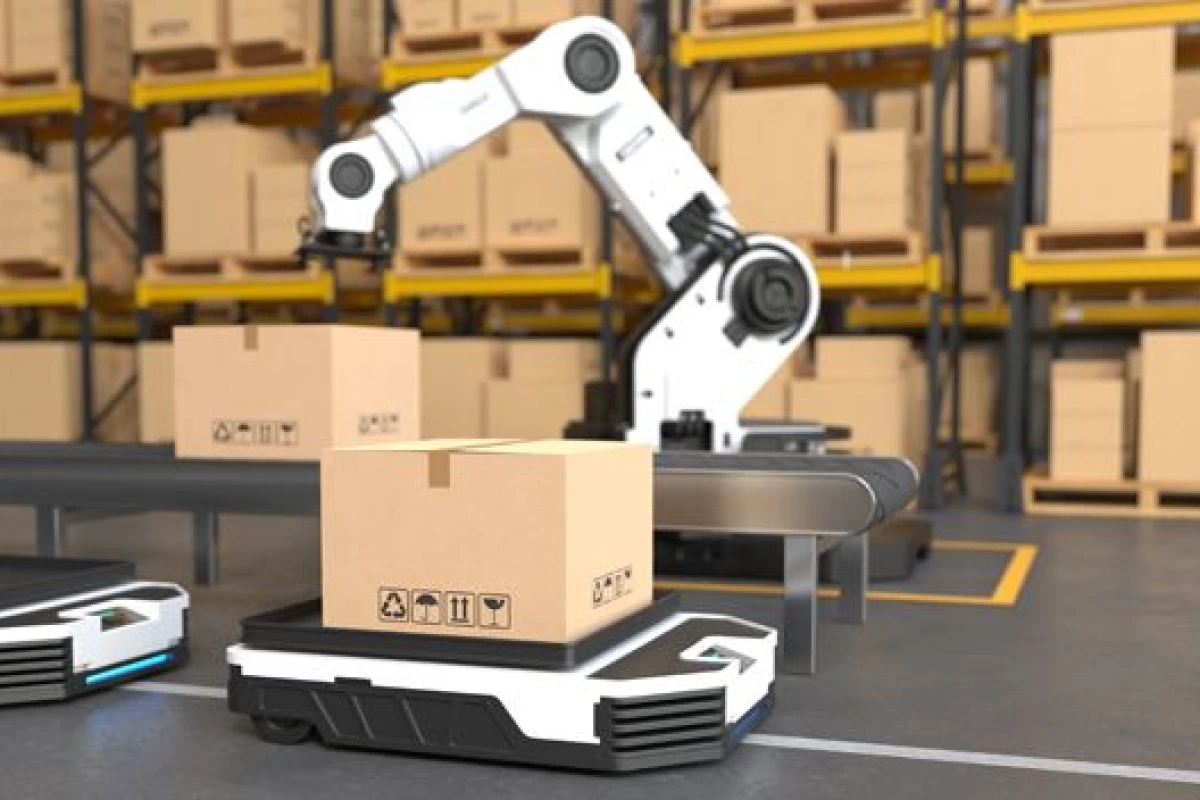How New Technologies Transform SCM: IoT, AI, and Blockchain in Action

Supply Chain Management (SCM) has become a critical element for modern companies, as effective SCM can significantly impact profitability and competitiveness. Today, we are witnessing rapid changes in this area due to the implementation of new technologies such as the Internet of Things (IoT), Artificial Intelligence (AI), and Blockchain. Let's take a closer look at how these innovations are changing approaches to supply chain management.
Internet of Things (IoT): Connecting Everything
IoT is a concept that involves connecting physical objects (devices, sensors, machines) through the Internet, allowing them to interact with each other and exchange data. In the context of SCM, IoT uses wireless sensors that can be placed on products, containers, or even on transport vehicles.
How is IoT Changing SCM?
- Real-time Tracking: With IoT, companies can monitor the location of their goods in real-time. For example, they can use GPS systems to track trucks and check when the goods will arrive at the warehouse or customer.
- Inventory Management: Sensors can automatically track inventory levels in warehouses. If stocks drop to a critical level, the system can automatically order new goods, reducing the risk of shortages.
- Demand Forecasting: By collecting data on consumer habits and seasonal fluctuations, IoT helps companies predict which products will be most popular in the near future. This allows them to adjust production and supply according to demand.
Artificial Intelligence (AI): Data Analysis and Forecasting
Artificial Intelligence is a technology that enables machines to perform tasks that typically require human intelligence, such as data analysis, drawing conclusions, and learning from experience.
How is AI Changing SCM?
- Demand Forecasting: AI analyzes vast amounts of data to identify patterns and trends in demand. This enables companies to forecast more accurately which products will be in demand and plan inventory accordingly.
- Route Optimization: AI can use algorithms to optimize logistics routes, reducing transportation costs. For example, the system can take into account factors such as traffic, weather conditions, and delays to find the fastest and cheapest delivery route.
- Process Automation: AI can automate routine tasks such as order processing, inventory management, and financial forecasting. This reduces the number of errors and increases efficiency.
Blockchain: Transparency and Security
Blockchain is a distributed database that provides secure storage of information in the form of records (blocks) that are linked together. Each block contains information about the previous one, making the system immutable and transparent.
How is Blockchain Changing SCM?
- Transparency: By using blockchain, all participants in the supply chain can see information about the product. This means that companies can verify where the product comes from, what stages it has gone through, and who has handled it. This is especially important for food and pharmaceuticals, where quality control is critical.
- Security: Due to the distributed nature of blockchain, data cannot be forged or altered without the knowledge of other participants. This increases the security level of product information and allows for quicker responses to problems.
- Cost Reduction: Thanks to transparency and automation, blockchain can reduce costs associated with document processing, audits, and other administrative processes. For example, businesses can avoid paperwork and reduce the time spent on verifications.
Conclusion
Digitization and automation in supply chain management are becoming not just trends, but a necessity for modern businesses. The implementation of IoT, AI, and blockchain helps companies improve efficiency, reduce costs, and enhance customer service. Those who leverage these technologies gain competitive advantages in the market, can adapt more quickly to changes, and minimize risks.
In a world where speed and accuracy are critical, the adoption of the latest technologies in SCM becomes a guarantee of business success. Companies that strive for innovation and are willing to invest in digital solutions can not only survive but also thrive in today's market conditions.

What are cryptomixers?
